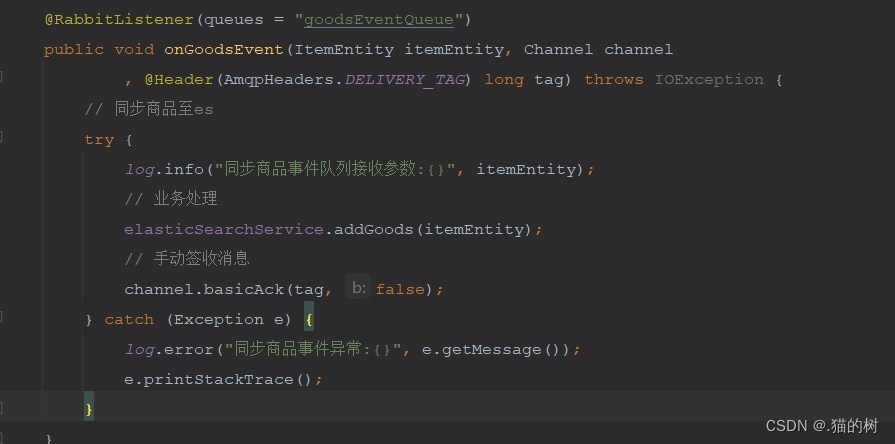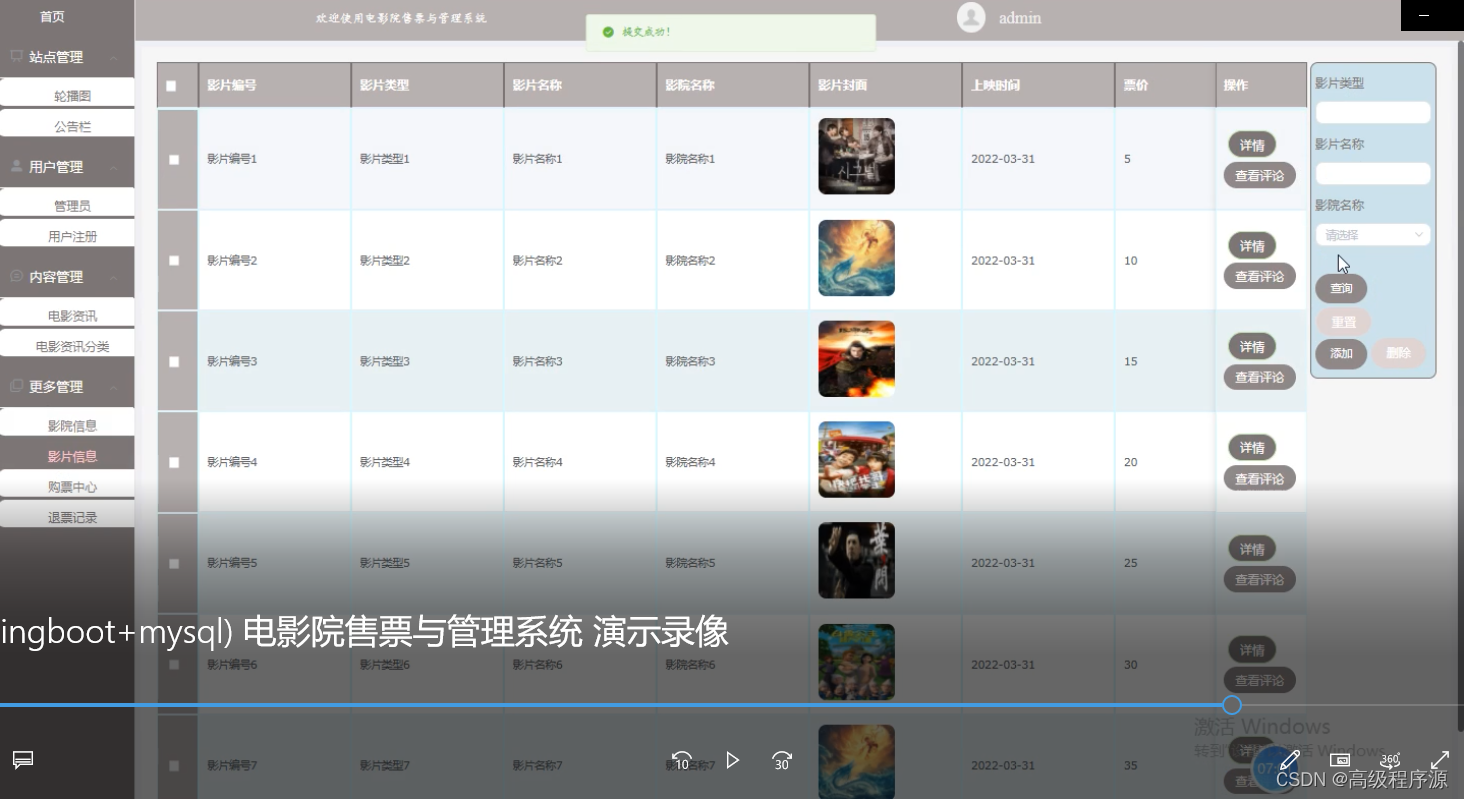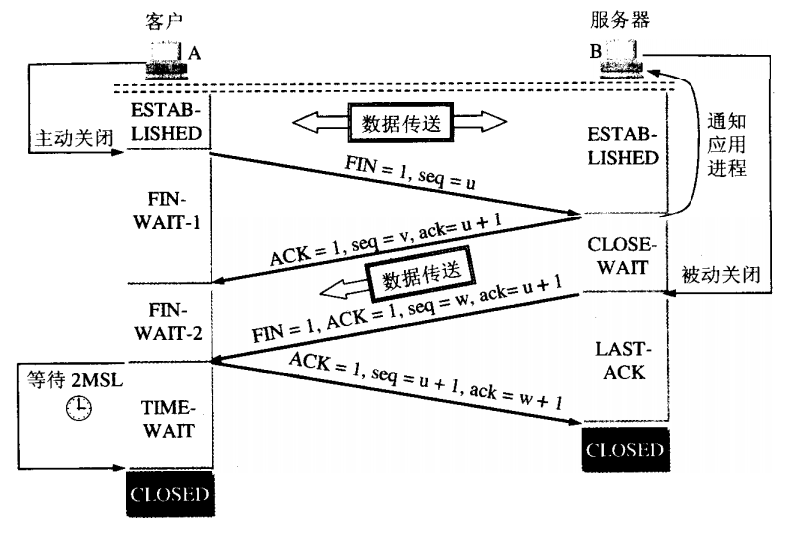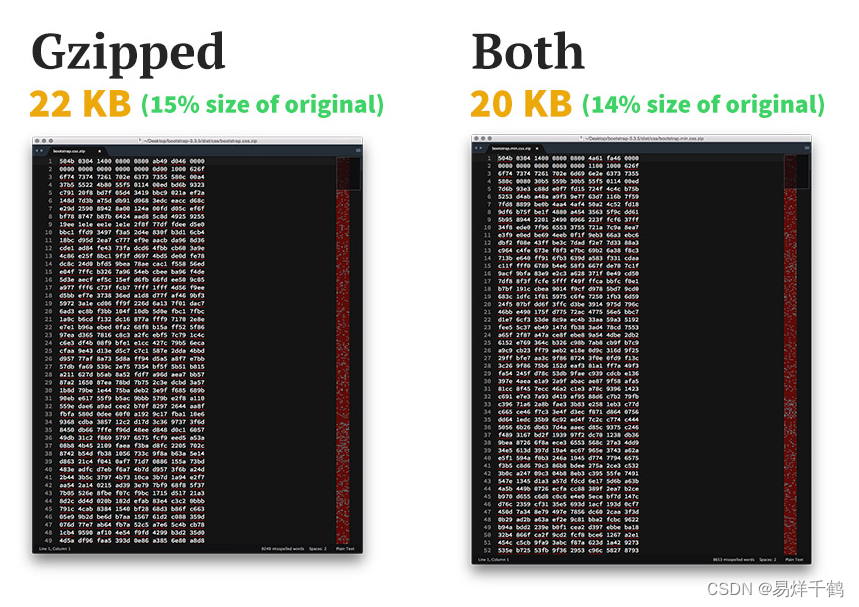一、lambda表达式基本用法
1、语法
Lambda 表达式的基本语法如下:
捕获列表 mutable(可选) 异常属性 -> 返回类型
{
// 函数体
}
2、lambda值捕获
/*** @brief lamdba值捕获*/
void test()
{int nvalue = 1;auto func_copyvalue = [nvalue]{return nvalue;};nvalue = 100;auto nValue = func_copyvalue();cout << "value:" << nValue << endl;// 这时, nValue == 1, 而 nvalue == 100.// 因为 func_copyvalue 在创建时就保存了一份 nvalue 的拷贝
}
3、lambda引用捕获
/*** @brief lamdba值捕获*/
void test()
{int nvalue = 1;auto func_copyvalue = [&nvalue]{return nvalue;};nvalue = 100;auto nValue = func_copyvalue();cout << "value:" << nValue << endl;// 这时, nValue == 100, 而 nvalue == 100.// 因为 func_copyvalue 保存的是引用
}
4、lambda隐式捕获
/*
[] 空捕获列表
[name1, name2, ...] 捕获一系列变量
[&] 引用捕获, 让编译器自行推导引用列表
[=] 值捕获, 让编译器自行推导值捕获列表
*/
void test()
{// [] 空捕获列表auto func1 = [](int a) {return a; };// [name1, name2, ...] 捕获一系列变量int name1 = 1;int name2 = 2;int name3 = 3;auto func2 = [name1, name2, name3]() {return name1 + name2 + name3; };// [&] 引用捕获, 让编译器自行推导引用列表auto func3 = [&]() {return name1 + func1(1); };// [=] 值捕获, 让编译器自行推导值捕获列表auto func4 = [=]() {return name1; };
}
5、lambda表达式捕获
上面提到的值捕获、引用捕获都是已经在外层作用域声明的变量,因此这些捕获方式捕获的均为左值,而不能捕获右值。
C++14 给与了我们方便,允许捕获的成员用任意的表达式进行初始化,这就允许了右值的捕获, 被声明的捕获变量类型会根据表达式进行判断,判断方式与使用 auto 本质上是相同的
#include <memory>
#include <utility>
void test()
{auto important = std::make_unique<int>(1);auto add = [v1 = 1, v2 = std::move(important)](int x, int y)->int{return x + y + v1 + (*v2);};cout << add(3, 4) << endl;
}
6、泛型lambda
void test()
{auto add = [](auto x, auto y) {return x + y; };cout << add(3, 4) << endl;cout << add(1, 2) << endl;cout << add(1.1, 2.3) << endl;
}
二、lambda表达式与algorithm相结合使用(记录常用的)
1、std::sort
#include <algorithm>
#include <vector>
void test()
{std::vector<int> vec{1,3,5,2,4,7,9,8,10};std::sort(vec.begin(),vec.end(),[](int a, int b){return a < b;});
}
2、std::for_each
#include <algorithm>
#include <vector>
void test()
{std::vector<int> vecTest{1,3,5,2,4,7,9,8,10};std::for_each(vecTest.begin(), vecTest.end(), [](int n) { return n; });
}
3、std::copy
#include <algorithm>
#include <vector>
void test()
{std::vector<int> m_Vec{1,3,5,2,4,7,9,8,10};std::copy(m_Vec.begin(), m_Vec.end(), ostream_iterator<int>(cout, " "));
}
4、std::function
#include <functional>
#include <map>
#include <string>
void test()
{std::map<std::string, std::function<int(int, int)>> op_dict = {{"+", [](int x, int y){return x + y;}},{"-", [](int x, int y){return x - y;}},{"*", [](int x, int y){return x * y;}},{"/", [](int x, int y){return x / y;}},};
}
5、std::find_if
#include <algorithm>
#include <vector>
void test()
{std::vector<int> vec{ 1,2,3,5,3,7,9,5,10 };auto iter = std::find_if(vec.begin(), vec.end(),[](int a){return a > 5;});
}
6、std::count_if
#include <algorithm>
#include <vector>
void test()
{std::vector<int> vec{ 1,2,3,5,3,7,9,5,10 };auto iter = std::count_if(vec.begin(), vec.end(),[](int a){return a > 5;});
}
三、lambda在线程中使用
#include <thread>
#include <iostream>using namespace std;int main()
{std::thread tthread001([](int x){cout << x << endl;}, 100);tthread001.join();return 0;
}






